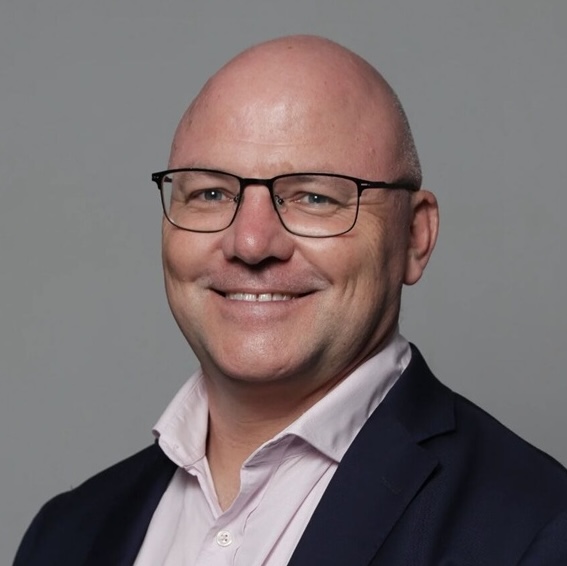.png?sfvrsn=188a2abf_0)
PFAS Leachate Treatment at Composting Facilities
November 14, 2025 - | Room C150-C151
Speakers
-
Christopher Dunks
CEO & Managing Director
Synergen Met
The production of nutrient-rich compost from food organics and garden organics (FOGO) is a growing international practice in the management of urban organic waste. The production of compost from FOGO requires extensive amounts of clean water at rates ≥2,500 gallon/ton of product. This extensive water use is effective, but when the water percolates through the compost, numerous soluble compounds are dissolved, resulting in the production of leachate rich in salts, nutrients, and organics. Due to FOGO co-contamination with food packaging, plastics, etc., this leachate is also rich in PFAS (per – and poly-fluoroalkyl substances), meaning that leachate produced at most FOGO composting sites needs to be carefully managed to prevent environmental harm, and is increasingly regulated by environmental authorities worldwide.
This case-study will present the management of PFAS from a full-scale FOGO composting site in Australia and will demonstrate how a novel counter-current foam fractionation technology can cost-effectively separate ≥99.9 % of PFAS from composting leachate — without any chemical additions other than air bubbles — into a super-concentrate for subsequent immobilization or destruction. The presentation will explain the importance of key technical parameters for effective PFAS fractionation and discuss CAPEX and OPEX requirements, allowing the audience to make their own technoeconomic comparisons with other PFAS management alternatives.
About the Speaker

Christopher Dunks
CEO & Managing Director | Synergen Met
Christopher Dunks is the CEO and Managing Director of Synergen Met. He has spent the past 20 years working on major minerals processing, refining and power projects both in Australia and the USA. Christopher was a Founder and Executive Director of ASX-listed Elementos Ltd (ASX:ELT). Christopher’s experience is in mechanical design, construction management and supervision, project controls, project management, contract negotiation, business development and new technology commercialization.






